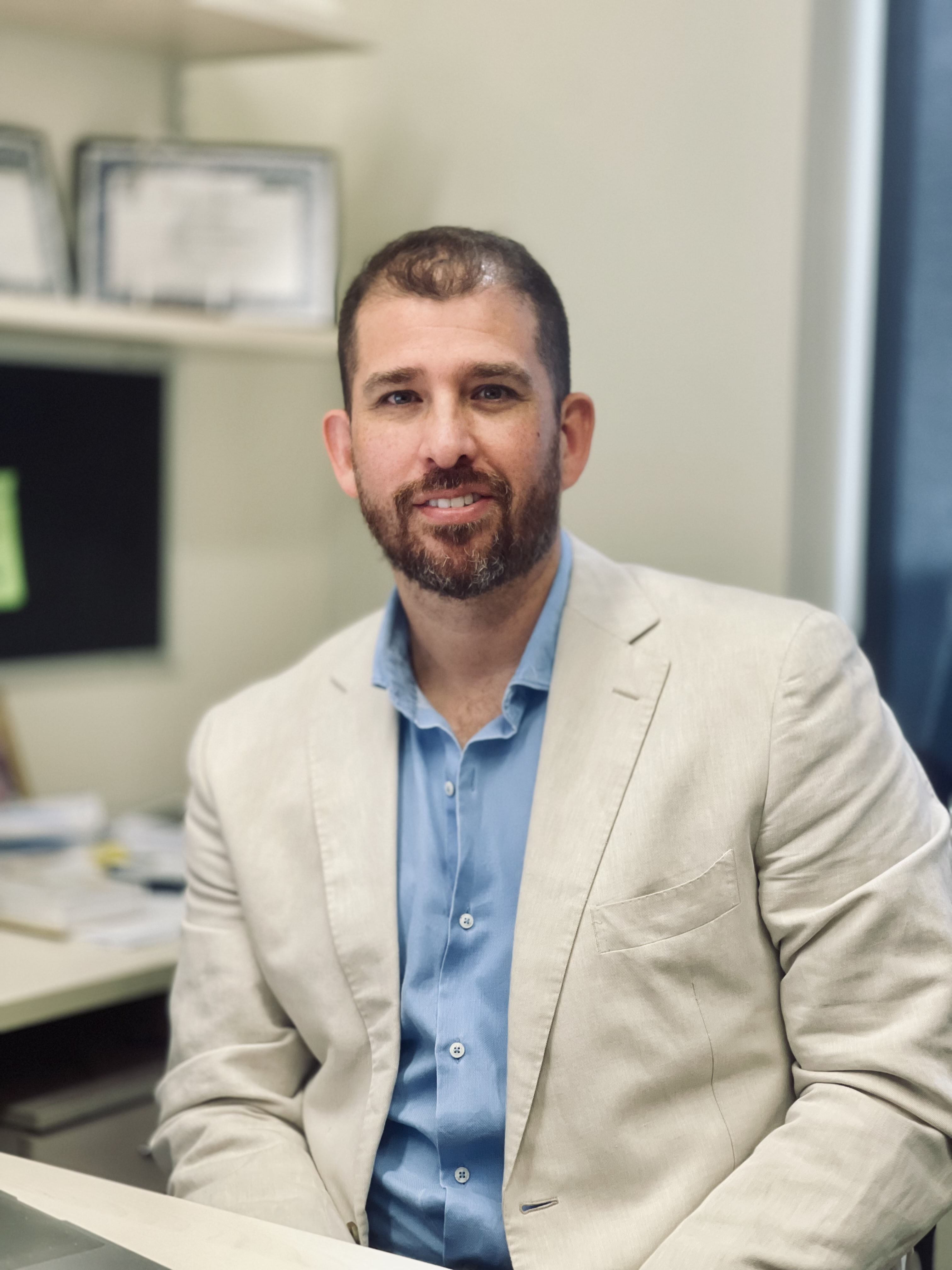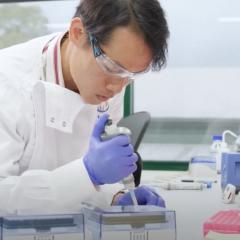The newly established UQ Centre for Extracellular Vesicle Nanomedicine brings together a multidisciplinary team of 29 research groups and over 70 researchers and educators across UQ to explore how Extracellular Vesicles (EVs) can be used for diagnosis and treatment of diseases.
Led by Professor Carlos Salomon Gallo, the centre will facilitate the development of emerging diagnostic and therapeutic modalities for personalised medicine, providing direct benefits to the community.

“Our mission is to foster best research practices in EVs, translating groundbreaking research discoveries into rapid, real-world benefits,” Professor Salomon Gallo said.
“The field of nanomedicine is evolving rapidly, partly due to the discovery of extracellular vesicles.
“EVs have shown promise in diagnosing and treating diseases, and engineered EVs can serve as carriers for site-specific delivery of therapeutic agents, resulting in more targeted medicine with reduced side-effects and improved patient outcomes,” he said.
Dr Pingping Han and her team from UQ’s School of Dentistry are currently using EVs from various sources to diagnose and treat periodontitis - a common gum disease.
“Gum disease affects many people and can impact daily life. My research looks at using saliva, which is easy to collect, to detect and monitor changes related to gum disease,” Dr Han said.
“Creating precise saliva-based diagnostic tools requires understanding both the human and microbial components in saliva, especially EVs.
“These tiny particles can show the health status of both the mouth and the entire body, helping to monitor chronic diseases.
“Our project aligns with the new EV Centre’s mission to use EVs to enhance human health outcomes. Research at the centre could lead to better diagnostic tools and treatments for various diseases, improving overall health,” she said.
Research Fellow Mostafa Masud is another researcher who believes that EVs will play a key role in shaping the future of patient care.
“EVs can make a big difference in healthcare. They could help detect diseases early without invasive procedures and provide a way to deliver drugs directly to where they’re needed.
“This means treatments could be more precise, cause fewer side effects, be easier on patients, and improve overall outcomes,” he said.
Masud’s research is aimed at improving cancer diagnostics - specifically for ovarian cancer -through biosensing techniques using advanced nanotechnology to detect important biomarkers, such as EVs.
“The new EV centre is not only important for advancing research on extracellular vesicles but also to encourage new ideas and partnerships across the University and to bring in more funding and collaborations with industry and regulators.”
UQCCR Associate Professor Peter Simpson, has a specific focus on breast and lung cancer and is currently working with biomarkers, including DNA, proteins and EVs to determine if a patient has cancer returning.
“There is potential for EV research to make improvements to cancer outcomes for patients, this may be as biomarkers of disease progression or as ways to help deliver therapy directly to cancer cells and hence reduce toxicity in other parts of the body. These are exciting possibilities for the future,” said Associate Professor Simpson.
Associate Professor Simpson believes that the collaborative nature of the new centre will accelerate research in his field and that patients will be the big winners.
“The sharing of ideas and insights between researchers is an important way to make significant and quicker breakthroughs that can be of benefit to patients.”



